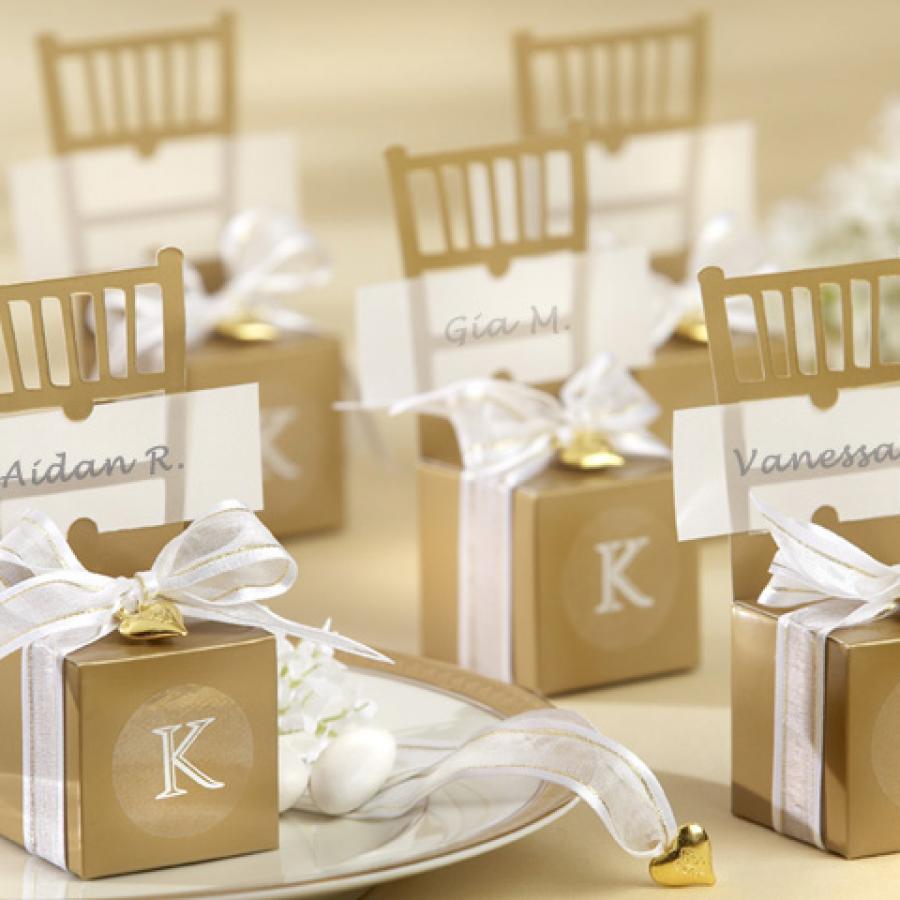Which FAVOR/ FAVOUR WILL YOU USE?
A lot of people wonder why words such as color, honor, favor and harbor are sometimes spelled with an –our instead of just an –or ending.
Simply put, it’s all a case of you say “to-MAY-toe” I say “to-MAH-toe” –both are correct. Generally, Americans and other countries that use American English spell these words with an –or ending. On the other hand British English (English used in the UK) as well as Australian, New Zealand English, and Canadian English among others, uses the –our spelling.
It all started with Noah Webster, known as the “Father of American Scholarship and Education” and the man who reformed the English language to make it uniquely American. Noah Webster is more popularly known as the English Spelling Reformer, responsible for authoring the Merriam-Webster Dictionary. George and Charles Merriam, the publishers who secured the rights to Webster’s dictionary, published a greatly expanded edition in 1864 under the title “An American Dictionary.”
Webster, a teacher who taught at American Elementary Schools, believed that the English Language was corrupted by the British Aristocracy with unnecessarily complicated spellings. This made the language difficult to grasp for Americans of the time who spelled, pronounced, and used English words differently. He dropped the “u” from words like colour, humour, behaviour, neighbour, honour, favour and many other words that ended in an unstressed “or” sound –hence American English spells such words with just an –or ending.
Such changes greatly distinguished American English from British English giving it a unique identity. Among other popular spelling changes that were authored by Webster were changing words ending in –re such as theatre and centre to theater and center and favoring s over c for words such as defence and offence.
Webster advocated that words should be spelled as they are pronounced and also suggested spelling changes such as w-i-m-m-e-n in place of “women” and t-u-n-g for tongue, however, these among others were heavily opposed as being too radical.
Below is a list of words that are spelled with –or in American English and –our in British English:
| British English Spelling | American English Spelling |
| armour | armor |
| armoury | armory |
| behaviour | behavior |
| candour | candor |
| clamour | clamor |
| colour | color |
| demeanour | demeanor |
| endeavour | endeavor |
| favourite | favorite |
| flavour | flavor |
| glamour | glamor |
| harbour | harbor |
| honour | honor |
| humour | humor |
| labour | labor |
| neighbour | neighbor |
| odour | odor |
| rancour | rancor |
| rigour | rigor |
| rumour | rumor |
| saviour | savior |
| savour | savor |
| savoury | savory |
| splendour | splendor |
| valour | valor |
| vapour | vapor |
| vigour | vigor |

